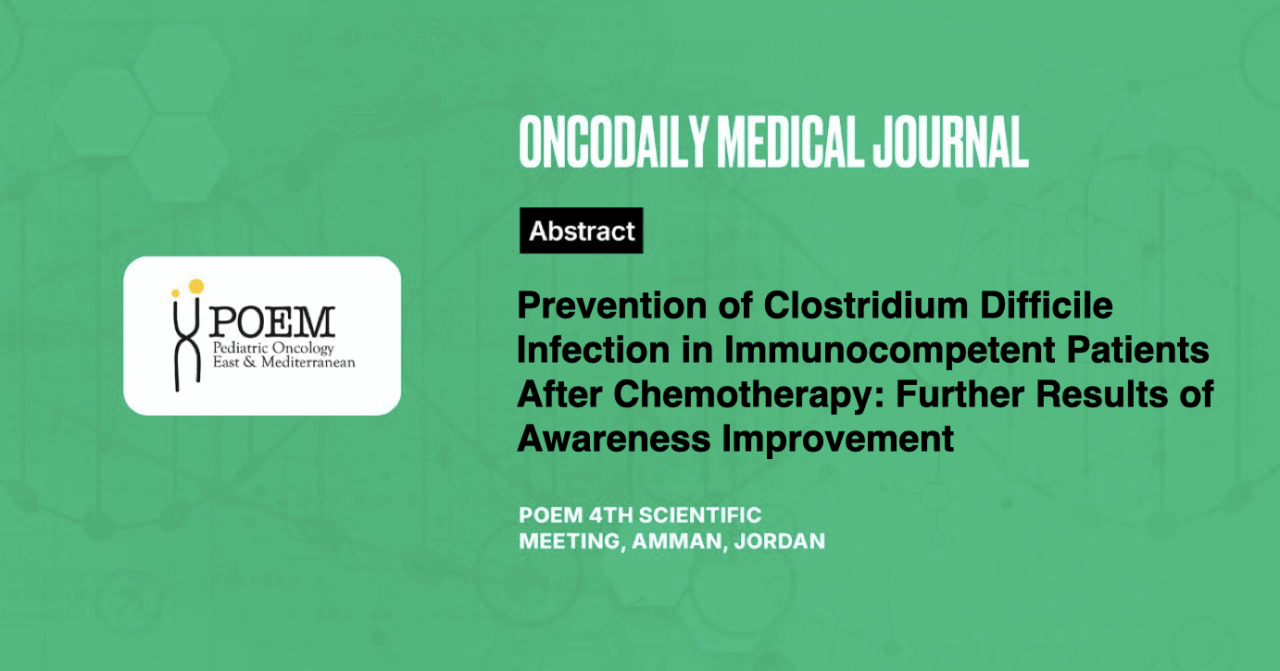Prevention of Clostridium Difficile Infection in Immunocompetent Patients After Chemotherapy: Further Results of Awareness Improvement
Abstract
Introduction: Clostridium is an infectious disease that spreads and weakens a child& body. Infection is characterized by symptoms ranging from mild diarrhea to severe colitis and potential life-threatening complications.
Methodology: We organized meetings and awareness sessions with parents and further verified the knowledge they received and used․
Results: Our initial steps included reviewing the sanitary and epidemiological regime and ensuring compliance with required protocols: isolating patients and caregivers, separating all medical supplies and instruments, and strictly observing personal hygiene rules during entry and exit. As a result, we observed a decrease in the number of cases, though it was not sufficient. Based on our studies and POEM 2024 guidelines, we recognized that parent-child and caregiver-child communication are part of the transmission chain. To address this, we organized a trial meeting with several parents. During this session, we distributed informational booklets on what to do in case of Clostridium infection and emphasized the importance of handwashing with soap. Following these efforts, we observed a further reduction in Clostridium cases. Given this positive outcome, we have decided to implement a more comprehensive study. The plan is to conduct regular educational sessions with all parents over 12 months. Each parent will receive a booklet on Clostridium and proper hand hygiene. To evaluate the effectiveness of this intervention, parents will be surveyed on their knowledge of Clostridium and hand hygiene, and they will be shown proper hand care techniques. This long-term approach aims to reduce the element of randomness and achieve sustained improvements in infection control. According to the analysis of the results, in 2023, 50-60% of the examinees had clostridia, and in 2024, 30-40%.
Conclusion: Clostridia is an infection spread by contact mechanism, and as a result of our research, it was found that more thorough awareness activities with parents of children reduce the risks of clostridia infection.





